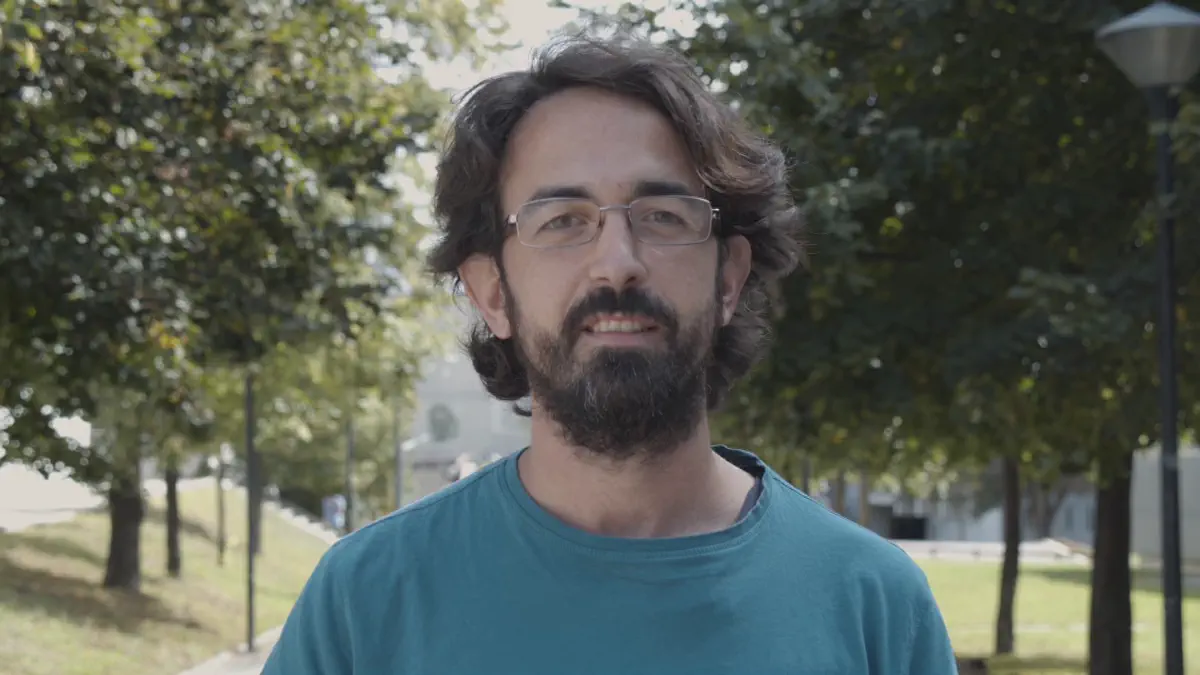ERC Consolidator Grant awarded to Andreu Font Ribera
Andreu Font Ribera, researcher in the Observational Cosmology Group at IFAE, has been awarded the prestigious “Consolidator Grant” from the European Research Council (ERC). The project COSMO-LYA will allow Andreu and his team to use a large dataset of distant quasars to study some of the mysteries of our Universe: dark energy, inflation, and the mass of neutrinos.

Andreu Font Ribera, researcher in the Observational Cosmology Group at IFAE, has been awarded the prestigious “Consolidator Grant” from the European Research Council (ERC). The project COSMO-LYA will allow Andreu and his team to use a large dataset of distant quasars to study some of the mysteries of our Universe: dark energy, inflation, and the mass of neutrinos.
The European Research Council announced today the list of winners of the 2021 competition for the prestigious “ERC Consolidator Grants”. Of the 2652 proposals submitted this year, only 313 have been selected, a 12%, which will be funded with a total of 632 million euros. Among the winners is Andreu Font Ribera, Researcher in the Observational Cosmology Group at IFAE. With his COSMO-LYA project, Andreu will use innovative techniques and new data from the Dark Energy Spectroscopic Instrument (DESI) to address some of the open questions in fundamental physics. DESI is an international collaboration that aims at generating the largest three-dimensional map of the distribution of matter in the Universe, and IFAE contributed to the design and construction of the instrument.
COSMO-LYA: A Cosmological Lever Arm for Fundamental Physics
What is the nature of dark energy that is causing the expansion of the Universe to accelerate? Were the initial conditions of our Universe set by inflation? How much do neutrinos weigh? These open questions in the boundary of cosmology and fundamental physics can be addressed by studying the distribution of matter in the Universe, both as a function of scale, and as a function of time.
While the traditional approach has been to use large galaxy catalogs, during the last decade Andreu and his collaborators have developed an alternative probe: the Lyman-α (Lyα) forest, absorption features in the spectra of high-redshift quasars caused by neutral hydrogen along the line of sight towards the Earth. The Lyα forest provides a unique window to study the distribution of matter at earlier times and on smaller scales than those accessible with galaxy catalogs.
COSMO-LYA will apply these analysis techniques to obtain results that will have interdisciplinary impact, with wide reaching consequences into particle and fundamental physics.